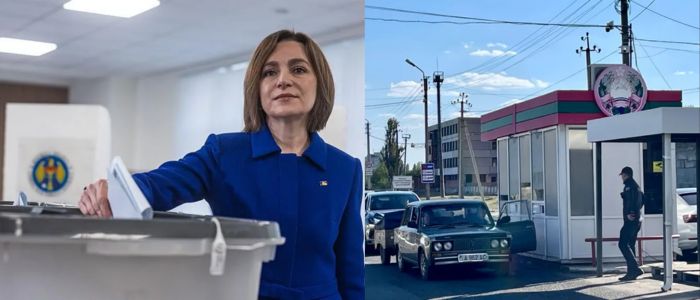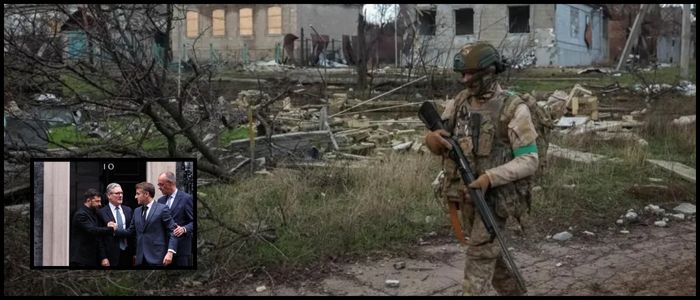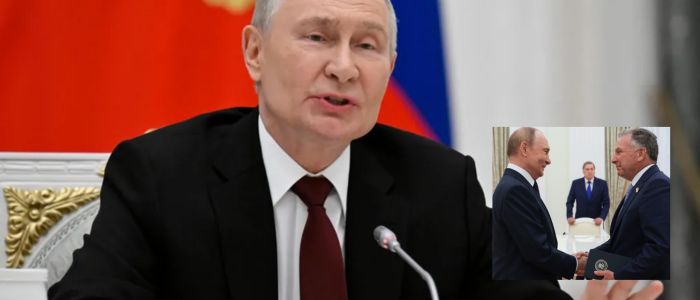Sandu's Party's Triumph
Early outcomes indicate that PAS received about half of the votes, more than double the pro-Russian bloc the Patriotic Electoral Bloc (PEB), which garnered almost one-quarter of the votes. Voter turnout was 52% among Moldova's 1.6 million registered voters, which is considerably higher than in other recent elections.
PAS is expected to win fifty-five out of 101 seats in the parliament, which allows the party to govern without a coalition partner, such as the Alternativa bloc or Populist Party.
This sets Sandu up for a second phase of leadership, particularly having returned to office in November of last year at the age of fifty-three, coupled with the previous election results of PAS in the 2021 election, where they received 52.8% of the votes.
The election was a significant moment for Sandu, who had told voters several times that "The future of our democracy is in your hands," while recognizing "massive Russian interference" intended to destabilize the country. Tactical moves, events, and accusations of meddling Not only during the campaign but on the same day as elections, bomb threats were made to voting centers within Moldova and in countries where relatively large Moldovan populations reside, such as Italy, Romania, Spain, and the United States.
Authorities experienced some cooperation among three people whom they arrested for plotting to create unrest following the vote. Igor Grosu, the head of the governing party of action and solidarity (PAS), attributed the incidents to alleged Moscow- linked criminal organizations, calling for public calm.
On the other hand, Igor Dodon, an opposition leader in a party that aligns with pro-Russia political parties, declared victory before the results were produced. He urged participants to rally outside the parliament, demanding that the government in PAS make a political withdrawal. Over television, Dodon asserted: “The citizens have voted.
Elected officials and the existing government must respect their vote, even if there exists dissatisfaction.” He alluded to crowds gathering in the capital on Monday, as police received information about outwardly provoked disinformation within the Russian coordination, illicit finance, and even training groups abroad.
Indeed, one of the parties in Dodon’s party bloc received pre-election inauguration two days before the election, accusing them of illicit finance. Dodon nevertheless wrote the government influence as carrying the exterior outside of his supporters, including the additional territory of Transnistria.
Transnistria and divided loyalty
Transnistria, the pro-Russian enclave along the Moldova border with Ukraine, continues to be seen as a source of tension. Russian troops are stationed in the territory, and many of the citizens there have held Moldovan passports.
On election day, long queues of vehicles were seen at checkpoints as families traveled over 20 kilometers to reach polling places. Moldovan police conducted checks, and a turnout of more than 12,000 people from different regions was lower than in previous elections.
Some families complained about bomb threats disrupting polling places and having to move from township to town. Others complained about the PAS government not delivering on their promises. While some in the enclave advocated for EU pro- Moldovan, others were vocal about wanting Moldovan leadership to return to the pro-Russian era.
With polarized views, the underpinning issue is seen for all of the Moldovan political divide. Supporters like Dan Spatar in the capital echoed a desire for a European future versus "a Russian past," citing concern over the war in Ukraine spilling over.
Another voter, Marina, echoed wanting "peace in Moldova for a better life and economic growth," expanding that she believed a closer relationship with a European Moldova would establish more stability.
The Larger Picture: Moldova Between Europe and Russia
Moldova is uniquely situated between Ukraine and Romania, and has been deeply affected by Russia's full-scale war in Ukraine. Since gaining EU candidate status in 2022, it has experienced a fall in not only the cost of becoming a member but also the cost of pro-Moldovan, pro - European land and territories, becoming lower.
For many Moldovan citizens, the choice of the ballots was between dying and continuing on the path that would save the country was saved or returning closer to the influence of Moscow.
While Russian officials denied claims of interference founder, possibly fabricated, from Moldova and allies as a distraction to internal problems, reports of disinformation networks, gaining votes, and the arrest of men trained barely contribute to or default to carry Moldovan, both correct, avoid even needing the warning of President Sandu.
For certainty, PAS does continue to win and gives Sandu's government a life to reach their reforms in strength, strengthening the closer, but nevertheless strong pro-Russian sentiment and calls for protest give the whole total perhaps political normal, particularly movements may go on, even after results are stitched together and known.
World

Pro-EU Party Wins Moldova Vote Amid Russian Interference

The Party of Action and Solidarity (PAS), led by pro-European President Maia Sandu in Moldova, is in a position for an emphatic success at elections noted for tensions, protests, and Russian interference. Early findings from the election indicate that PAS garnered half of the total votes, thus securing another parliamentary majority and mandate for Moldova's path toward the European Union.















